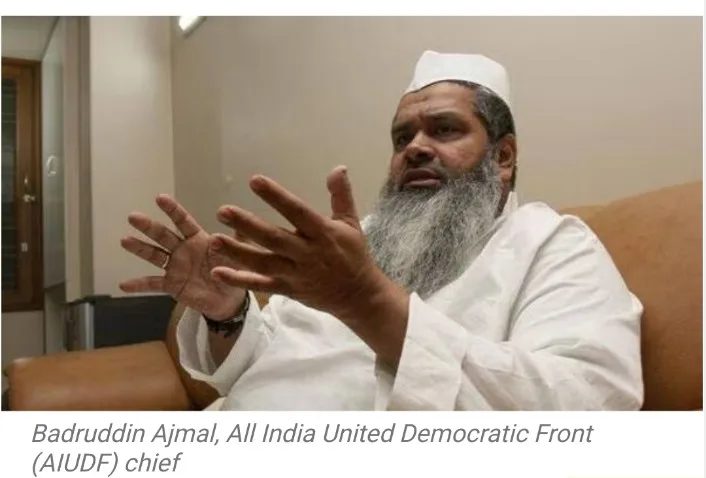In the lead-up to the consecration ceremony of Shri Ram Mandir in Ayodhya scheduled for January 22, Badruddin Ajmal, the Chief of All India United Democratic Front (AIUDF), has issued a recommendation to the Muslim community in Assam. Ajmal urged Muslims to refrain from train travel between January 20 and January 25 to avoid potential disturbances during the significant event. Speaking at a political campaign in Barpeta district, Ajmal expressed caution and emphasized staying at home during this period.
Furthermore, Ajmal made critical remarks about the Bharatiya Janata Party (BJP), declaring it as the “biggest enemy of the Muslims.” He accused the BJP of being adversarial to Muslim lives, faith, and cultural practices. He asserted that the BJP interferes with Islamic laws based on the Quran, portraying them as a threat to the Muslim community’s values and way of life.
Reacting to Ajmal’s statements, Union Minister Kiren Rijiju offered a contrasting perspective, stating that people from all religions should welcome Lord Ram on January 22, emphasizing that Lord Ram symbolizes India and not just one religion. Rijiju advocated for a united celebration, asserting that the BJP does not harbor animosity towards Muslims and follows the principles of ‘Sabka Saath, Sabka Vikas, Sabka Vishwas’ (Together, for everyone’s progress and trust).
As the political discourse intensifies around the inauguration of the grand Shri Ram Mandir, the sentiments expressed by leaders like Ajmal and Rijiju underscore the complex dynamics surrounding religious events in India.







